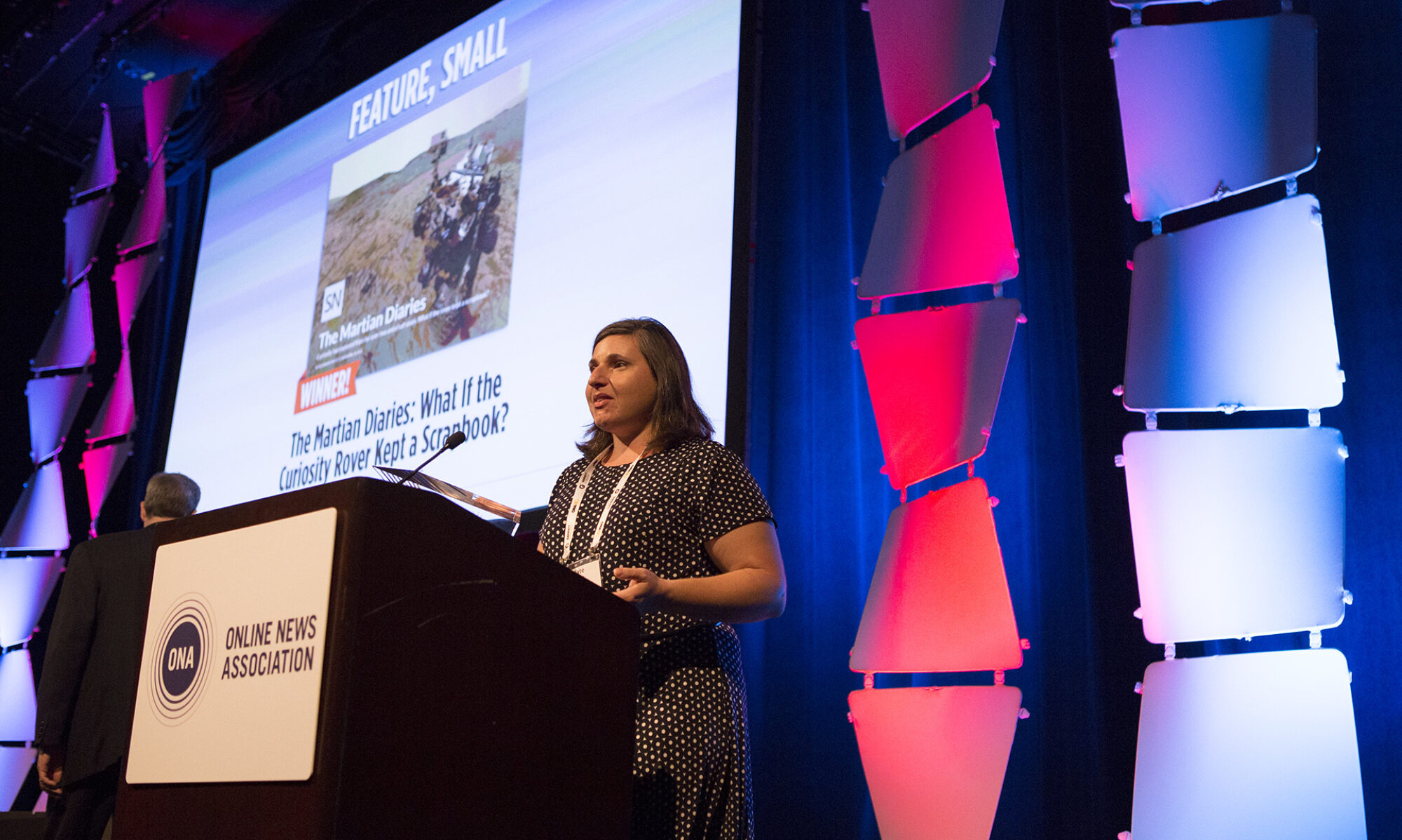University of Wisconsin: M.S. in Life Sciences Communication
"LSC offers two M.S. degree options, the thesis-track M.S. and the professional studies track M.S. Both tracks provide students with a foundation in communication theory and research methods in addition to the flexibility to create a customized curriculum based on the student’s interests and career goals. Students in LSC take courses within our department and …
